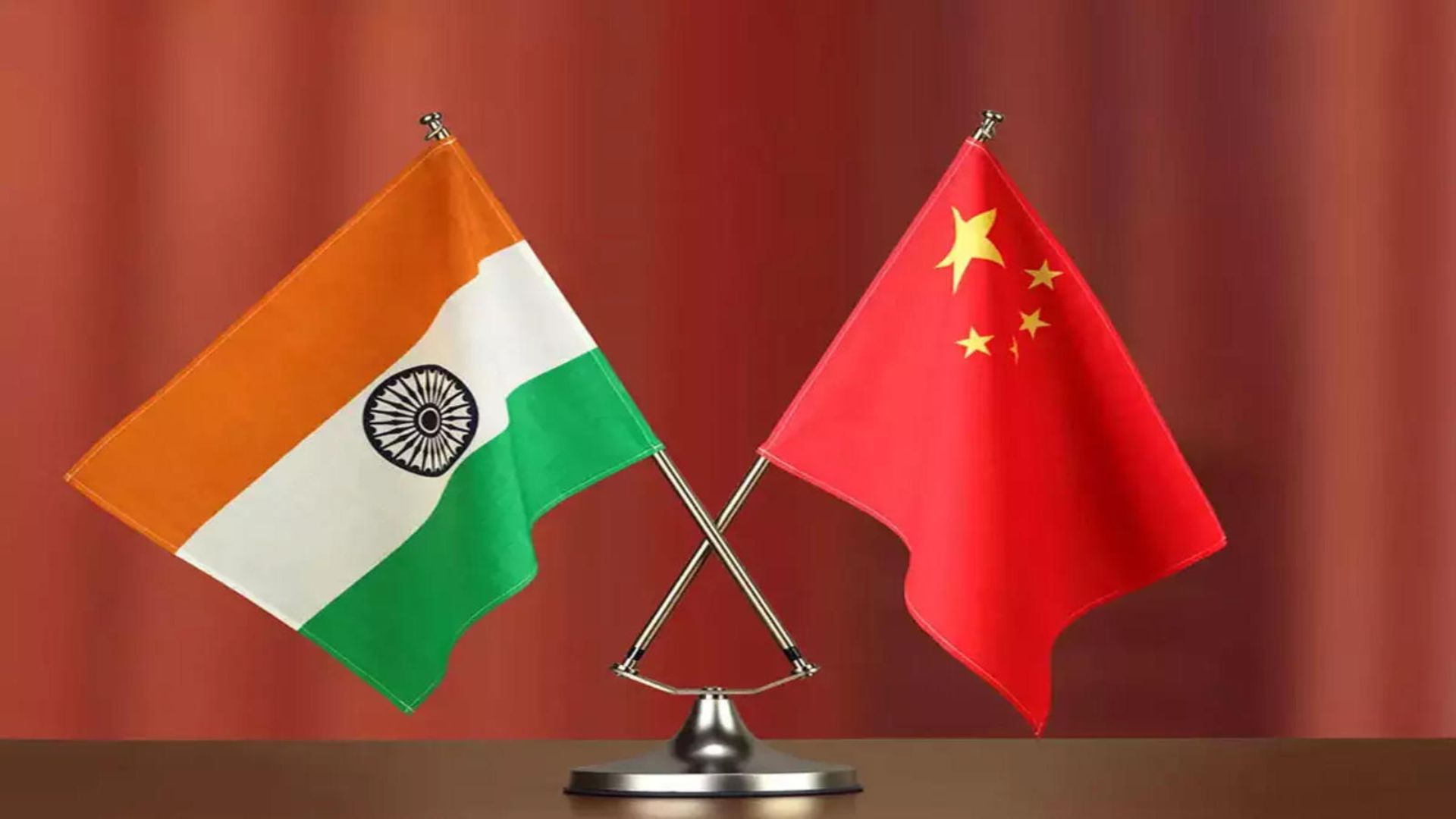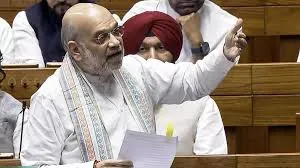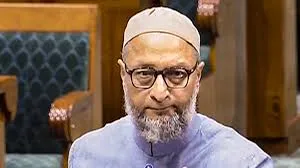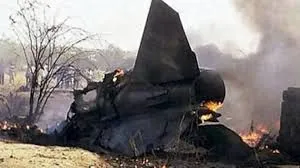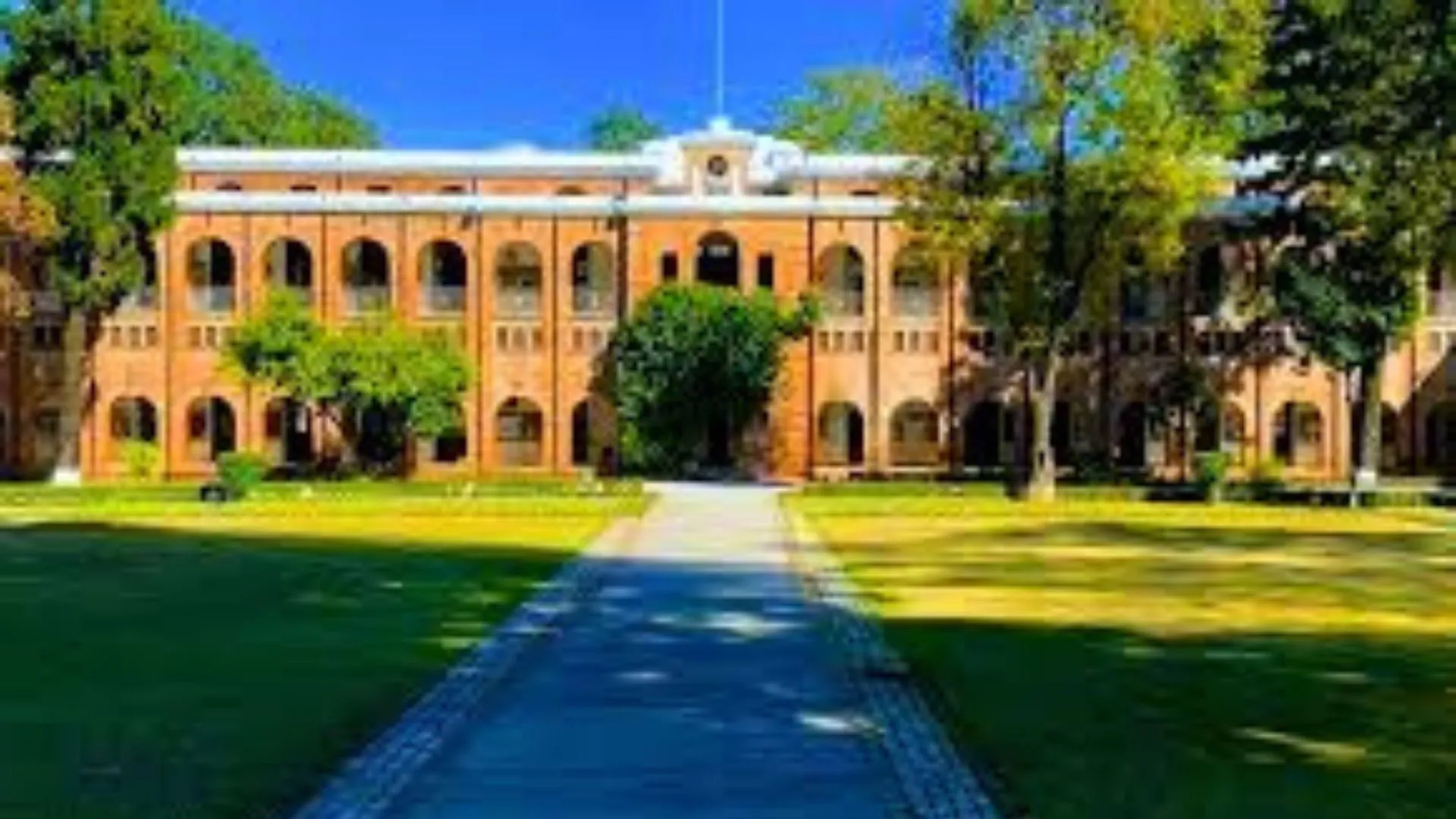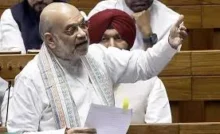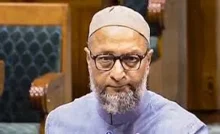China announced on Friday that troops have disengaged at four locations in eastern Ladakh, including the Galwan Valley, with the border situation between India and China now largely stable and under control.
Chinese foreign ministry spokesperson Mao Ning stated that during a recent meeting in Russia, both countries agreed to work together to create favorable conditions for improving bilateral ties. “On September 12, Director Wang Yi met with India’s National Security Adviser Ajit Doval in St. Petersburg. Both sides reviewed progress on border consultations and agreed to implement the shared understanding reached by their leaders, enhance mutual trust, and maintain communication,” Mao said.
When asked about the potential for a breakthrough to revive bilateral relations, which have been stalled for over four years due to the military standoff in eastern Ladakh, Mao confirmed that the militaries of both countries had disengaged in four areas, including the Galwan Valley. “In recent years, frontline armies of both countries have realized disengagement in four areas in the western sector of the China-India border, including the Galwan Valley. The border situation is generally stable and under control,” she added.
These remarks came a day after Indian External Affairs Minister S. Jaishankar stated that around 75% of the disengagement issues with China had been resolved, but highlighted concerns over increasing militarization along the frontier. Speaking at a think-tank event in Geneva, Jaishankar emphasized that the Galwan Valley clashes of June 2020 had impacted the entirety of India-China relations, noting that violence at the border cannot be separated from other aspects of the bilateral relationship.
Jaishankar also pointed out that India and China have been engaged in negotiations since 2020 to resolve the remaining issues. “We have made progress. Roughly 75% of the disengagement problems have been sorted out,” he said, adding that “some issues remain.”
The meeting between NSA Ajit Doval and Chinese Foreign Minister Wang Yi, which took place on the sidelines of a BRICS national security advisors’ conclave in St. Petersburg, provided an opportunity for both sides to assess recent efforts towards resolving outstanding issues along the Line of Actual Control (LAC). The Ministry of External Affairs (MEA) later stated that India and China had agreed to work with urgency and intensify their efforts to achieve full disengagement in the remaining friction points in eastern Ladakh.
The MEA noted that the meeting between Doval and Wang reviewed the steps taken to find a timely resolution to the ongoing issues, which will help stabilize and rebuild bilateral ties.
Relations between the two Asian giants have been at a six-decade low since the standoff at the LAC began in April-May 2020. Several rounds of diplomatic and military negotiations have led to the withdrawal of troops from key friction points, including the north and south banks of Pangong Lake, Gogra, and Hot Springs. However, India has maintained that normal relations with China cannot resume until peace is restored in the border areas. To date, the two sides have held 21 rounds of Corps Commander-level talks to resolve the standoff.


